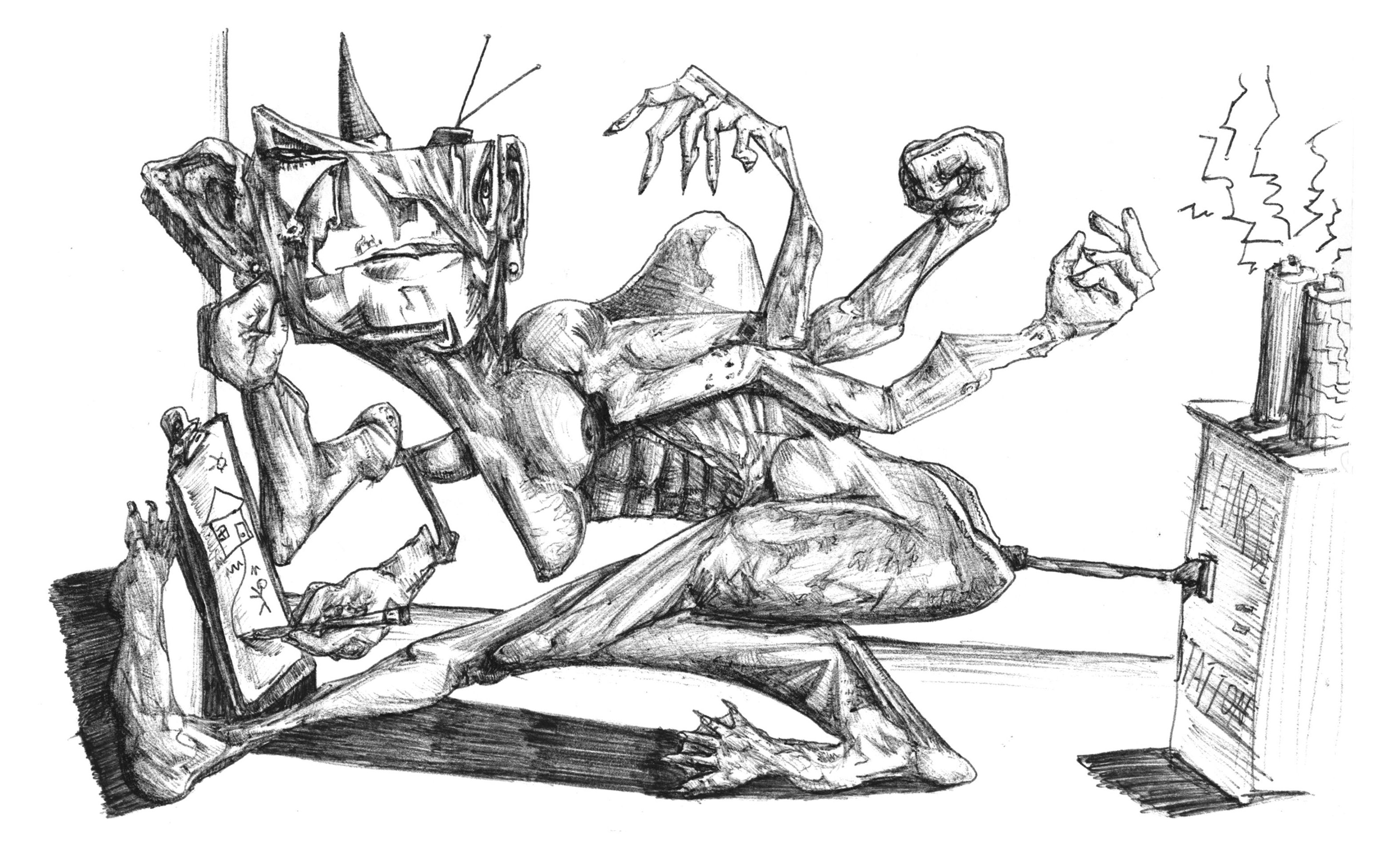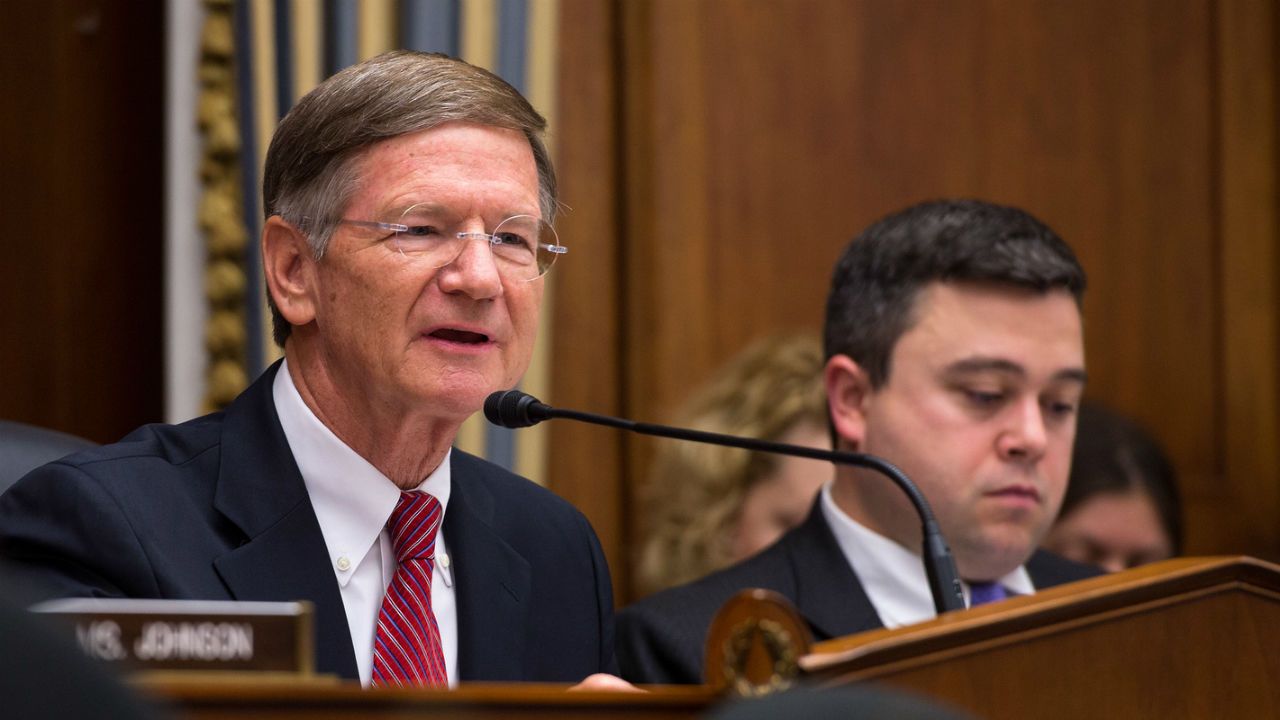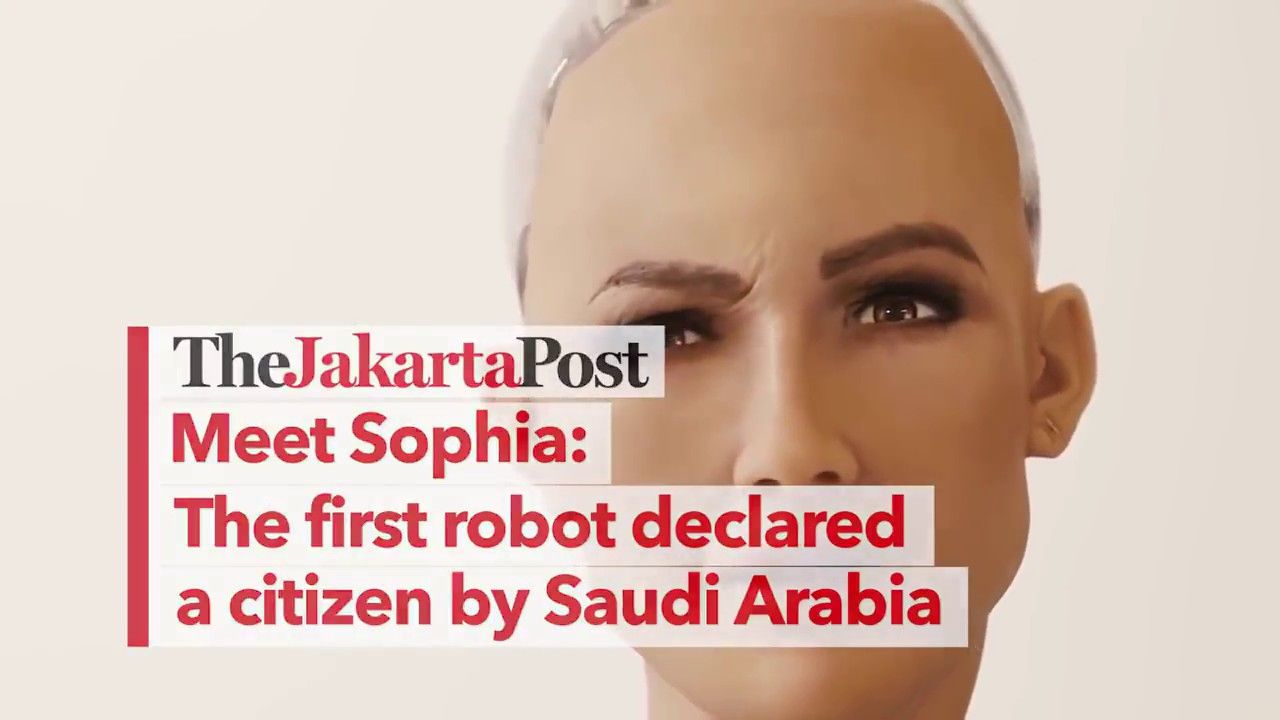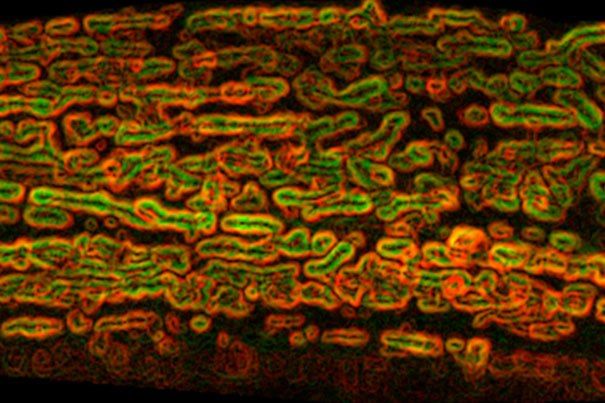“We need a name for this new belief,” mused Julian Huxley in 1957. “Perhaps transhumanism will serve: man remaining man, but transcending himself, by realizing new possibilities of and for his human nature.”
The twentieth century saw a progression of thinkers begin to grapple with technology’s power to radically transform humanity. Julian and his brother Aldous, author of Brave New World, became two of the most influential thinkers on the subject. On one side, Aldous warned against the dangers of technology by depicting technogenic oppression in his dystopian novel. On the other, Julian preached technological transcendence, coining the term that would come to represent an intellectual movement spanning the twentieth and twenty-first centuries.
Still in its infancy, transhumanism is not yet entirely coherent as a theory. But there are several distinct beliefs that adherents tend to share. Most transhumanists support the use of technology to radically increase a healthy lifespan and to boost biologically-based capacities such as memory and analytical skills. But they often disagree on how exactly to accomplish these aims.

















